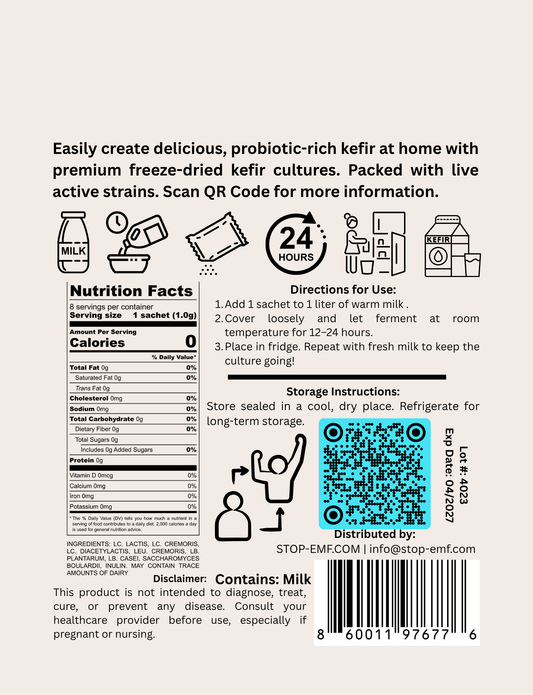In the ever-evolving landscape of healthcare, the pursuit of innovative solutions to combat neurodegenerative diseases has become a pressing concern. As the global population ages, the incidence of conditions like Alzheimer's, Parkinson's, and other forms of cognitive decline continues to rise, posing a significant challenge to both individuals and healthcare systems worldwide. However, amidst this daunting reality, a remarkable compound has emerged as a beacon of hope – Methylene Blue.
Methylene Blue, a synthetic dye with a rich history in the medical field, has recently garnered significant attention for its remarkable neuroprotective properties. This versatile molecule has the potential to revolutionize the way we approach the prevention and management of neurodegenerative diseases, offering a glimmer of hope in the fight against cognitive decline.
The Neurodegenerative Epidemic: A Looming Challenge
Neurodegenerative diseases, such as Alzheimer's and Parkinson's, are characterized by the progressive deterioration of neuronal function and structure. These conditions not only rob individuals of their cognitive abilities but also profoundly impact their quality of life, placing a heavy burden on both patients and their caregivers.
The global prevalence of neurodegenerative diseases is staggering, with an estimated 50 million people worldwide living with Alzheimer's disease alone. As the population ages, this number is projected to rise exponentially, underscoring the urgent need for effective interventions.
Conventional treatments for neurodegenerative diseases have had limited success, often focusing on managing symptoms rather than addressing the underlying causes. The search for novel, more effective therapies has become a top priority in the medical research community.
Methylene Blue: A Multifaceted Neuroprotective Agent
Enter Methylene Blue, a compound that has captured the attention of scientists and healthcare professionals alike. This remarkable molecule has been used in various medical applications for over a century, but its potential as a neuroprotective agent has only recently been explored in-depth.
Methylene Blue's neuroprotective properties stem from its ability to target multiple pathways involved in the pathogenesis of neurodegenerative diseases. Here are some of the key mechanisms by which Methylene Blue exerts its beneficial effects on brain health:
Mitochondrial Function Enhancement
Mitochondria, often referred to as the "powerhouses" of cells, play a crucial role in neuronal function and survival. Methylene Blue has been shown to enhance mitochondrial function, improving energy production and reducing oxidative stress – two critical factors in the development of neurodegenerative diseases.
Antioxidant and Anti-Inflammatory Properties
Oxidative stress and inflammation are closely linked to the progression of neurodegenerative disorders. Methylene Blue possesses potent antioxidant and anti-inflammatory properties, helping to mitigate the damaging effects of these processes on the brain.
Tau Protein Regulation
Abnormal tau protein aggregation is a hallmark of several neurodegenerative conditions, including Alzheimer's disease. Methylene Blue has demonstrated the ability to modulate tau protein dynamics, potentially preventing or even reversing the formation of harmful tau tangles.
Neurogenesis Stimulation
Methylene Blue has been found to stimulate the growth and differentiation of new neurons, a process known as neurogenesis. This remarkable ability could potentially counteract the neuronal loss associated with neurodegenerative diseases, offering a promising avenue for brain repair and regeneration.
Neuroprotective Signaling Pathways
Methylene Blue has been shown to activate various neuroprotective signaling pathways, such as the Nrf2 pathway, which plays a crucial role in the body's defense against oxidative stress and inflammation. By modulating these pathways, Methylene Blue can help protect the brain from the damaging effects of neurodegenerative processes.
Cognitive Function Enhancement
In addition to its neuroprotective properties, Methylene Blue has also been found to enhance cognitive function, improving memory, attention, and overall brain performance. This versatile compound holds the potential to not only prevent but also potentially reverse cognitive decline.
Methylene Blue in Clinical Trials and Real-World Applications
The promising preclinical findings on Methylene Blue's neuroprotective abilities have led to a growing body of clinical research exploring its therapeutic potential in various neurodegenerative conditions.
Alzheimer's Disease
Several clinical trials have investigated the use of Methylene Blue in the context of Alzheimer's disease. The results have been encouraging, with studies demonstrating Methylene Blue's ability to improve cognitive function, slow the progression of the disease, and even potentially reverse some of the underlying pathological changes.
Parkinson's Disease
Parkinson's disease, characterized by the progressive loss of dopaminergic neurons, has also been a target of Methylene Blue research. Preliminary studies have suggested that Methylene Blue may help protect these vulnerable neurons, potentially slowing the progression of the disease and improving motor function.
Traumatic Brain Injury
Methylene Blue has also shown promise in the management of traumatic brain injury (TBI), a leading cause of neurological impairment. By mitigating oxidative stress, reducing inflammation, and promoting neuronal regeneration, Methylene Blue has demonstrated the ability to enhance recovery and improve cognitive outcomes in TBI patients.
Real-World Applications
Beyond the clinical trial setting, Methylene Blue has found practical applications in various healthcare settings. Some healthcare providers have incorporated Methylene Blue into their treatment protocols for patients with neurodegenerative conditions, reporting positive outcomes and improved quality of life for their patients.
The Future of Methylene Blue in Neuroprotection
As the scientific community continues to unravel the complexities of neurodegenerative diseases, Methylene Blue emerges as a promising and multifaceted solution. Its ability to target multiple pathways involved in neurodegeneration, combined with its safety profile and relatively low cost, make it an attractive candidate for further research and clinical development.
The future of Methylene Blue in neuroprotection holds immense promise. Ongoing and future clinical trials will undoubtedly provide deeper insights into the compound's efficacy and optimal therapeutic applications. Additionally, the exploration of novel delivery methods and combination therapies involving Methylene Blue may further enhance its therapeutic potential.
As we navigate the challenges posed by the neurodegenerative epidemic, Methylene Blue stands as a beacon of hope, offering a glimmer of possibility in the quest to preserve and protect the precious gift of a healthy, functioning brain. By harnessing the power of this remarkable compound, we may one day unlock the keys to preventing and even reversing the devastating effects of neurodegenerative diseases, transforming the lives of millions around the world.
Conclusion
Methylene Blue's journey as a neuroprotective agent has captivated the attention of the scientific community and healthcare professionals alike. Its multifaceted mechanisms of action, targeting the core pathways involved in neurodegenerative diseases, have positioned it as a promising therapeutic candidate.
As the world grapples with the growing burden of Alzheimer's, Parkinson's, and other neurodegenerative conditions, Methylene Blue offers a glimmer of hope. Through ongoing research and clinical trials, the true potential of this remarkable compound in preserving and protecting brain health may be fully realized.
By embracing the power of Methylene Blue, we can take a significant step forward in the fight against cognitive decline, empowering individuals to maintain their mental faculties and live fuller, more enriched lives. The future of neuroprotection is bright, and Methylene Blue stands at the forefront of this exciting journey.






